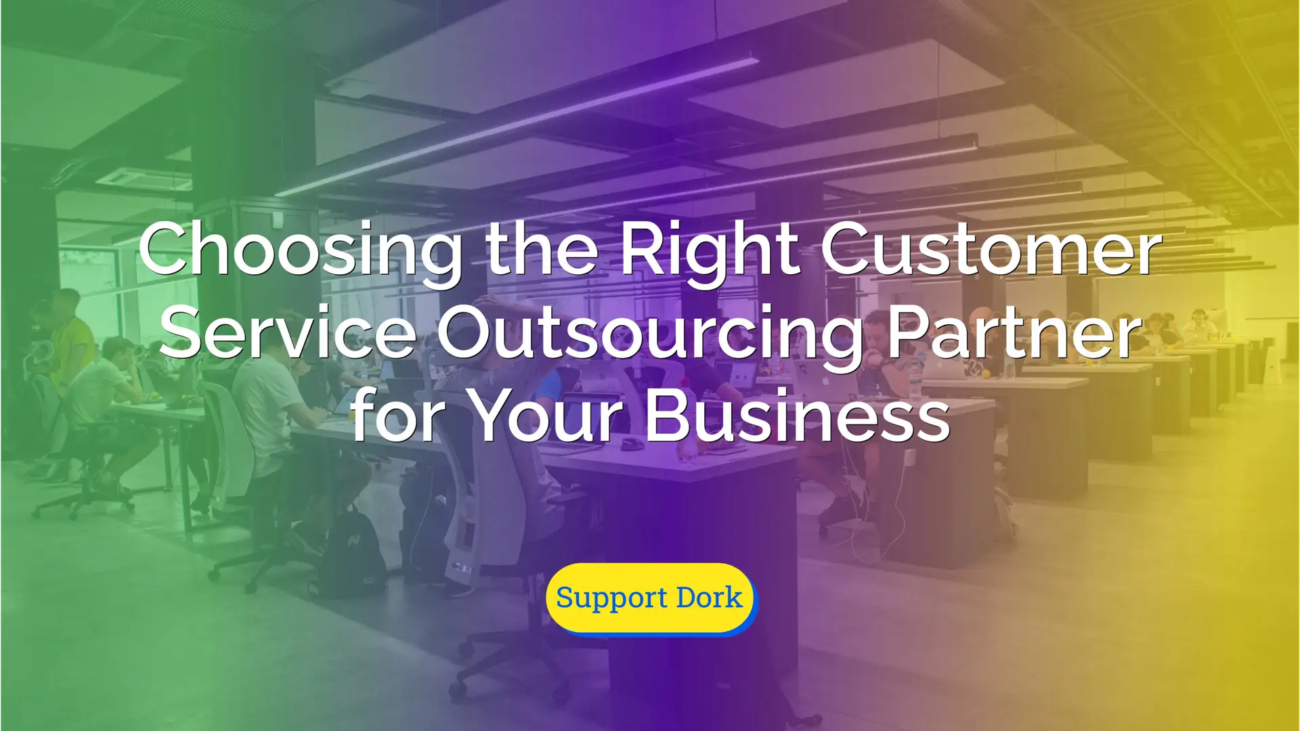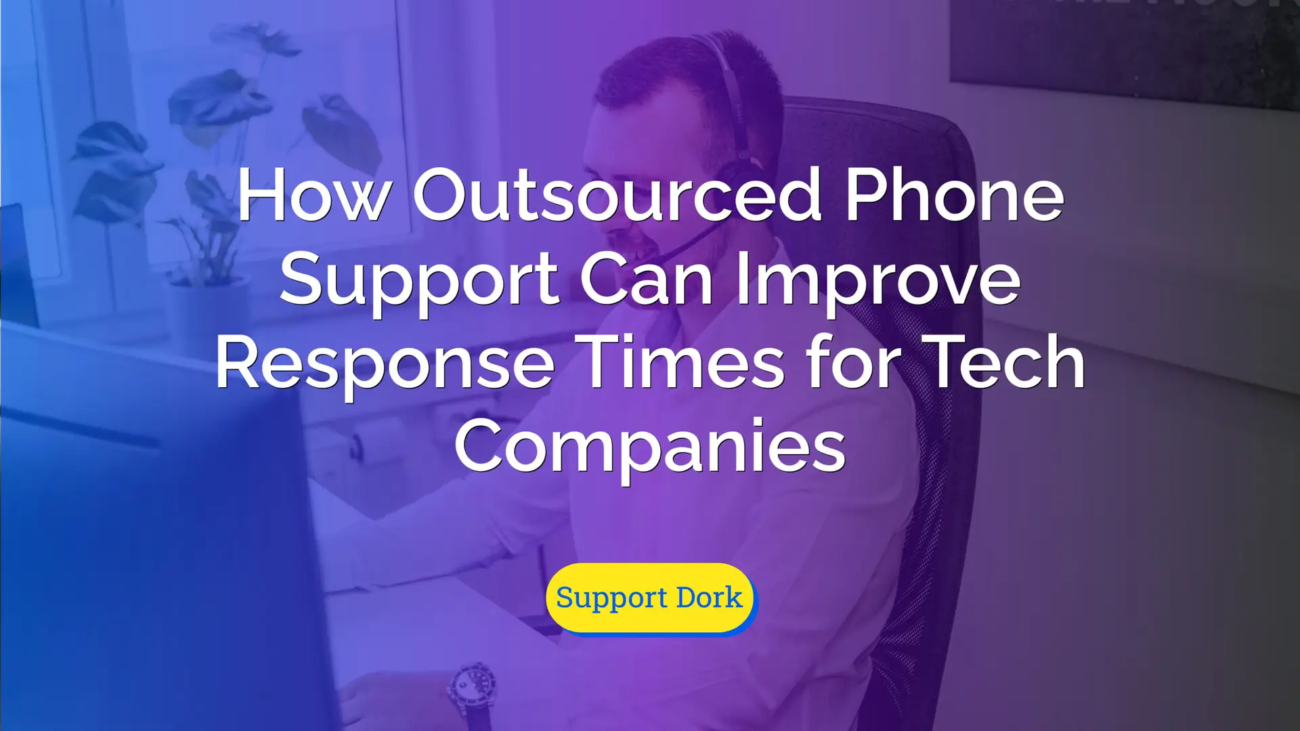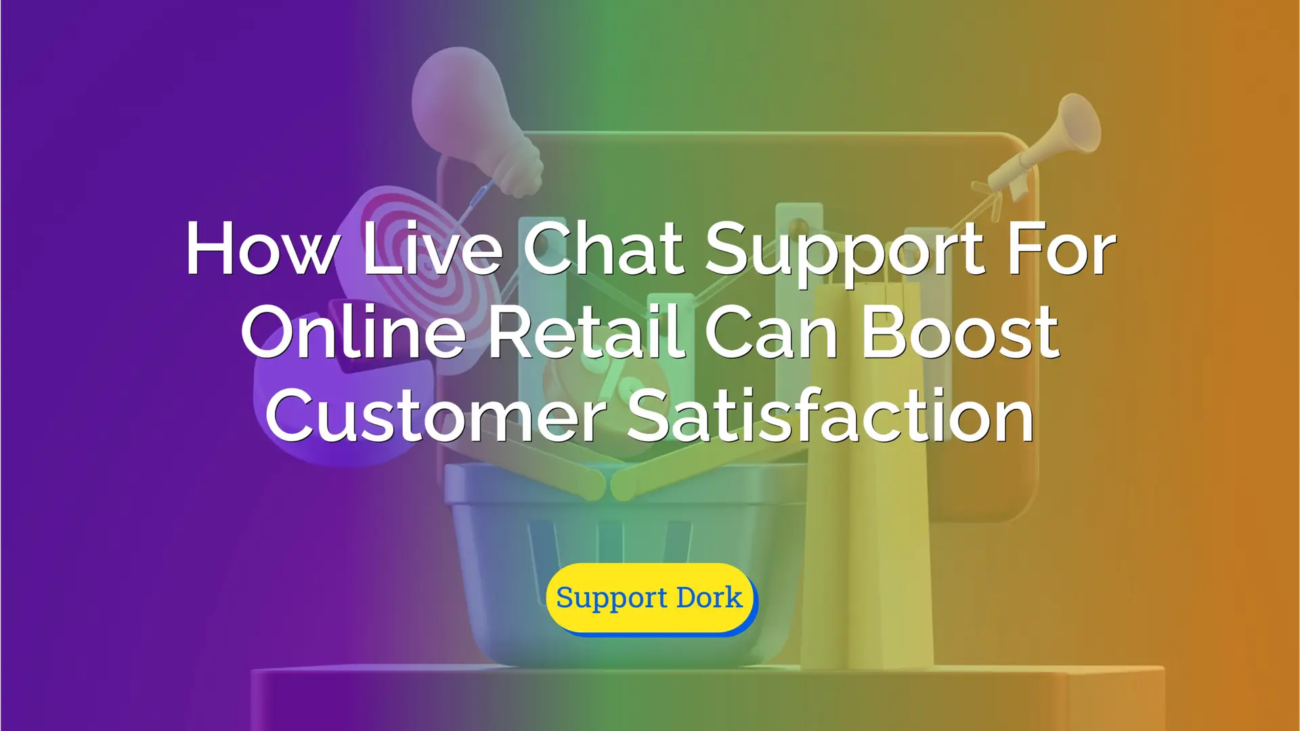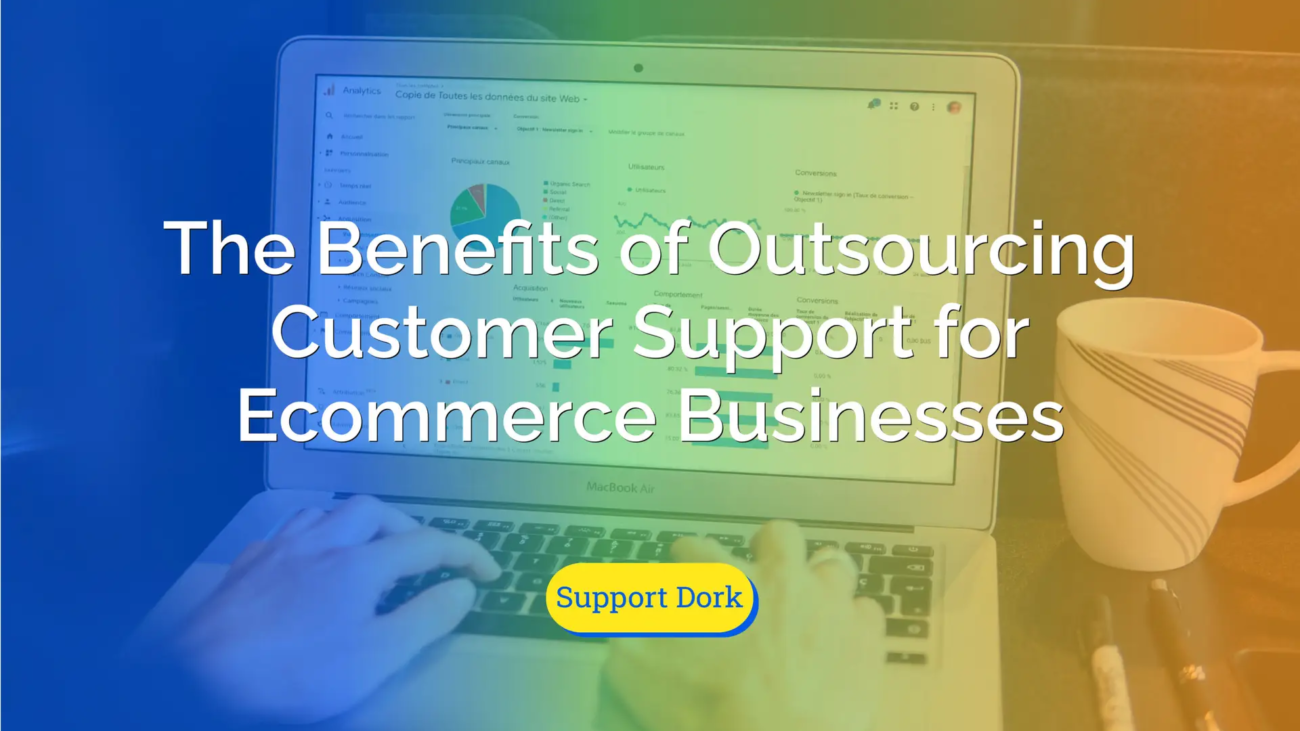Outsourcing customer service to a customer service outsourcing partner like Support Dork can provide numerous benefits, from cost savings to improved service quality and scalability. However, like any business investment, it’s essential to measure the return on investment (ROI) to ensure that outsourcing is delivering the expected value. Calculating the ROI of outsourcing customer service requires evaluating both direct financial benefits and qualitative factors that contribute to business growth. Here’s how to measure the ROI effectively.
Cost Savings on Labor and Operations
One of the most immediate and tangible benefits of outsourcing customer service is cost savings. By outsourcing, businesses often reduce expenses related to hiring, training, salaries, benefits, and overhead costs such as office space and equipment.
Key Metrics to Track
- Labor cost reduction: Compare the costs of maintaining an in-house customer service team (salaries, training, etc.) versus the outsourcing fees.
- Operational cost savings: Evaluate the reduction in expenses related to office space, equipment, software, and utilities.
Outsourcing providers can operate at a lower cost due to economies of scale and access to labor markets that are more economically friendly, making it a cost-efficient option for many businesses.
Improved Scalability and Flexibility
Another key benefit of outsourcing customer service is the ability to scale operations quickly, especially during peak periods. An in-house team might struggle to handle fluctuating demand, but customer support outsourcing providers can easily scale their resources up or down based on your needs.
Key Metrics to Track
- Volume of inquiries handled during peak times: Measure how well the outsourcing partner manages customer support during high-demand periods.
- Reduction in response times: Track improvements in average response times during peak and off-peak times.
Scalability without significant increases in labor costs means you’re better able to handle demand spikes without sacrificing customer satisfaction, thus improving the overall ROI of outsourcing customer service.
Enhanced Customer Satisfaction and Retention
Providing timely and efficient customer support can have a direct impact on customer satisfaction and retention rates. A skilled outsourcing partner can improve the quality of support, leading to better customer experiences, which ultimately affect customer loyalty and lifetime value.
Key Metrics to Track
- Customer satisfaction score (CSAT): Measure the percentage of satisfied customers based on post-interaction surveys.
- Net Promoter Score (NPS): Evaluate customer loyalty by tracking how likely customers are to recommend your company to others.
- Customer retention rate: Analyze the percentage of repeat customers or reduction in customer churn after outsourcing support.
Improved customer satisfaction and loyalty translate into long-term financial gains, making it an important factor when calculating the ROI of outsourcing customer service.
Focus on Core Business Functions
Outsourcing customer service frees up internal resources, allowing your team to focus on core business activities such as product development, marketing, and sales. This shift can lead to greater efficiency and higher revenue generation in other areas of the business.
Key Metrics to Track
- Internal productivity improvements: Track how much time and resources are reallocated from customer service to other revenue-generating activities.
- Revenue growth from core business functions: Measure increases in sales, product development, or marketing results after outsourcing customer service.
By allowing your in-house team to concentrate on strategic initiatives, outsourcing customer support indirectly contributes to business growth, which is an important consideration when measuring ROI.
Reduced Customer Support Overhead
Managing an in-house customer service team involves additional overhead, including team management, software tools, and compliance costs. Outsourcing customer service eliminates many of these burdens, as the outsourcing partner typically manages staffing, performance tracking, and technology infrastructure.
Key Metrics to Track
- Reduction in management costs: Measure how much you save in managerial expenses by having the outsourcing provider handle staff supervision, performance management, and training.
- Technology savings: Calculate the costs saved by using the outsourcing provider’s tools, such as CRM systems, ticketing software, and analytics platforms.
Outsourcing transfers much of the administrative and technological responsibility to the outsourcing provider, resulting in lower overhead costs for your business.
Increased First-Contact Resolution Rates
A skilled outsourcing partner can improve your first-contact resolution (FCR) rate, which is the percentage of customer inquiries resolved during the first interaction. Higher FCR rates reduce the need for follow-up interactions, leading to increased efficiency and better customer experiences.
Key Metrics to Track
- First-contact resolution (FCR) rate: Track the percentage of issues resolved in a single interaction before and after outsourcing.
- Reduction in repeat contacts: Measure how often customers need to reach out multiple times for the same issue.
Improving FCR leads to more efficient operations, happier customers, and lower overall support costs, all of which contribute to a higher ROI.
Conclusion
Measuring the ROI of outsourcing customer service requires a comprehensive approach that includes both financial and non-financial metrics. By focusing on cost savings, scalability, customer satisfaction, core business improvements, overhead reductions, and first-contact resolution rates, businesses can clearly understand the value that outsourcing brings. When done right, outsourcing customer service can deliver significant returns by reducing costs, improving customer experiences, and supporting business growth. Want to learn more about the way that Support Dork’s outsourced customer support services can deliver a strong ROI to your business? Contact us today and tell us which services you’re looking for, or book a call at your convenience to chat with us one-on-one.









